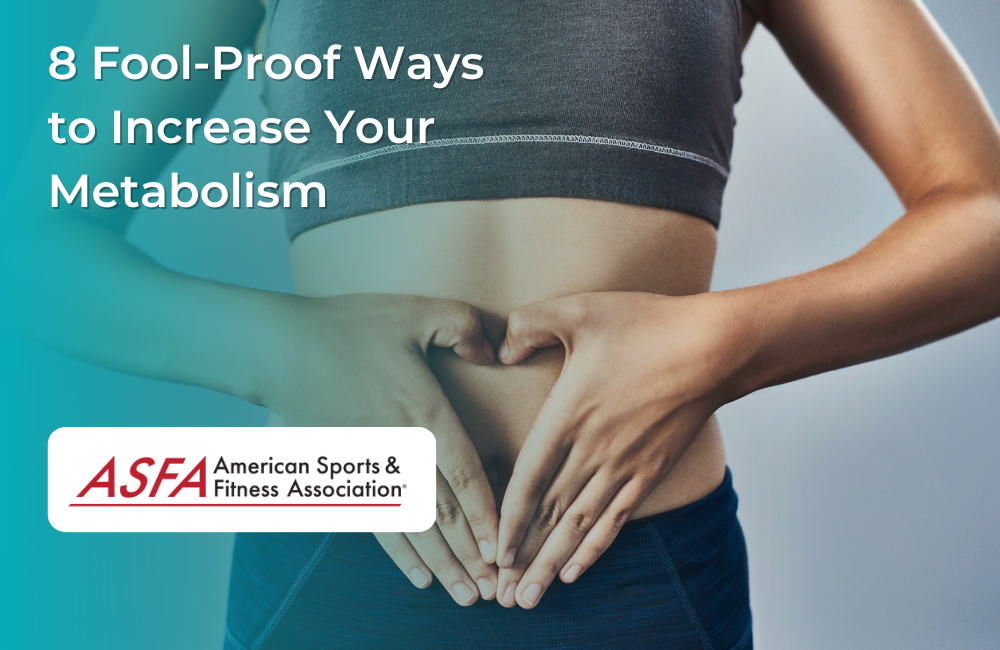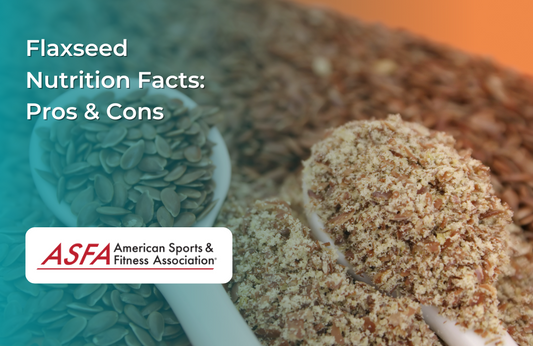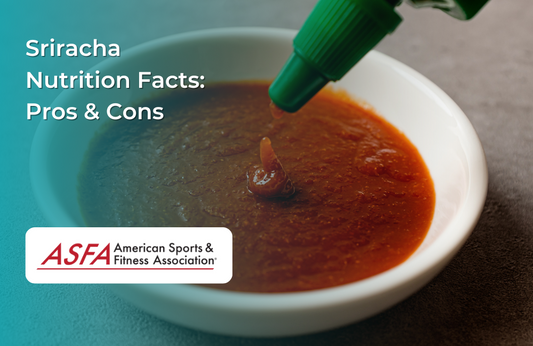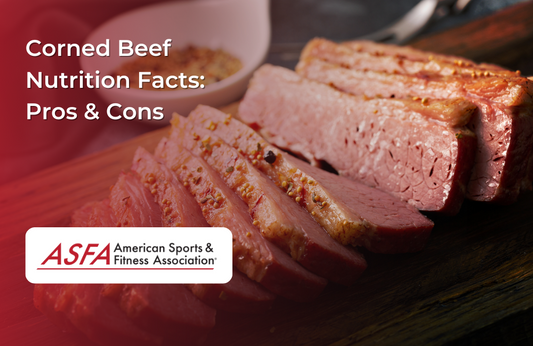If you don't have enough energy to exercise or are not seeing results from your workouts, chances are you're not burning as many calories as you should be. The good news is that there are several ways to increase your metabolism and get more out of your workouts.
Add more lean protein to your diet
Lean protein is a great way to help boost your metabolism. Lean proteins are essential for the growth and repair of body tissue and helping you feel full for longer. Lean proteins include meat, fish, poultry, eggs, and dairy products like milk or yogurt.
The best way to consume lean protein is by eating it at every meal throughout the day!
Eat foods that are rich in fiber
Fiber is a carbohydrate found in fruits, vegetables, and whole grains. It helps you feel full and can also help with digestion by moving food through your digestive tract more quickly. High-fiber foods include oats, broccoli, brussel sprouts, and apples (to name just a few). Avoid processed foods with added sugar or fat, as these will further slow digestion!
Consume small meals throughout the day.
Consuming small meals throughout the day is one of the best ways to increase your metabolism. Eating every 2-3 hours keeps your body operating at a steady pace and prevents it from going into starvation mode, which slows down your metabolism.
If you're eating too much at one time and then waiting several hours before eating again, you could also cause some problems with this method. If you eat too much food at once, it takes longer for all of that energy to be processed by your body than if you were eating smaller portions frequently throughout the day (a few hundred calories per meal).
Drink lots of water, especially before meals
Drinking water before meals can help you eat less. You may feel fuller, which makes you less likely to overeat.
Water can also help you absorb nutrients from food better, so it's a good idea to drink water throughout the day.
Exercise regularly
Exercise is one of the best ways to increase your metabolism and can help you lose weight in several ways. When you exercise, your body burns more calories than if you were sitting around doing nothing. The more intense the workout, the faster your heart rate will be, and the more calories burned.
Exercise also increases muscle mass, meaning more cells in your body (and therefore more calories) are being used up daily! This is especially true if you lift weights or do high-intensity interval training (HIIT).
Even if you're not trying to lose weight right now, exercise helps keep our metabolisms healthy so we don't gain weight as easily later on when our bodies start slowing down their natural processes due to aging or illness, among other things.
Limit the amount of alcohol you consume
If you want to keep your metabolism high, limit the amount of alcohol you consume. Alcohol is a depressant that can make you feel tired, slowing your metabolism. Drinking too much alcohol also increases your chance of gaining weight by slowing digestion and making it harder for the body to burn calories efficiently. Research has shown that drinking just two drinks per day can lower testosterone levels in men and increase estrogen levels in women, meaning less muscle mass and more fat storage! In addition to these changes in hormones caused by drinking too much alcohol (and they may not even occur until after years of heavy drinking), there are many other health problems associated with excessive consumption: liver damage; cancer risk; hangovers that make it difficult or impossible for people who drink regularly during waking hours (say goodbye to working out) because they're hungover all day long (or worse yet--hungover on top of being sick).
Eat less sugar
Sugar is a source of empty calories and can cause blood sugar levels to spike and crash, leading to cravings for more sugar. When you eat sugary foods, your body releases insulin, which helps transport glucose from the bloodstream into your cells. As a result, blood sugar levels drop - but only temporarily: after about two hours or so (depending on how much you ate), your body starts signaling hunger again by releasing another hormone called cortisol which makes you feel hungry even if you're not hungry.
This cycle--highs and lows in both energy level and blood sugar--can lead to inflammation throughout the body: in joints (causing pain), organs (causing disease), arteries (causing heart disease), etc. This is why diabetes mellitus type 2 has been linked with an increased risk of death from all causes
Eat whole fruits and vegetables
Eating whole fruits and vegetables is one of the best ways to increase your metabolism. Fruits and vegetables are high in fiber, which helps you feel full and helps your body digest food. They also contain vitamins and minerals that are good for your health and are low in calories, which enables you to lose weight.
When you eat whole fruits and vegetables, your body has to expend energy digesting them. This is a great way to increase your metabolism.
Get plenty of sleep
Sleep is a crucial part of metabolism. When you're sleeping, your body is recovering from the day's stresses and making hormones that help you feel energized in the morning. Sleep deprivation can lead to weight gain, so it's important to get enough sleep each night--and not just because it feels good!
Many people only realize how much sleep they need once they get more than their standard eight hours per night; some may even find that they need more than ten hours! The amount varies from person to person depending on age, gender, and other factors such as stress levels or lifestyle habits like drinking caffeine late at night.
Conclusion
If you want to boost your metabolism, eating a healthy diet and exercising regularly is important. But with all the conflicting information about how to do this, it can take time to know what works best for you. Luckily, we've given you some foolproof tips for increasing your metabolism - try them out today!





